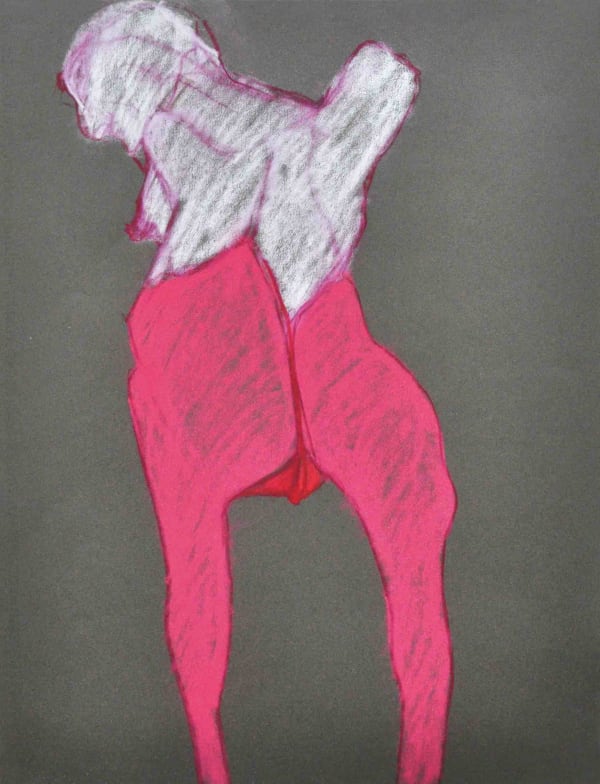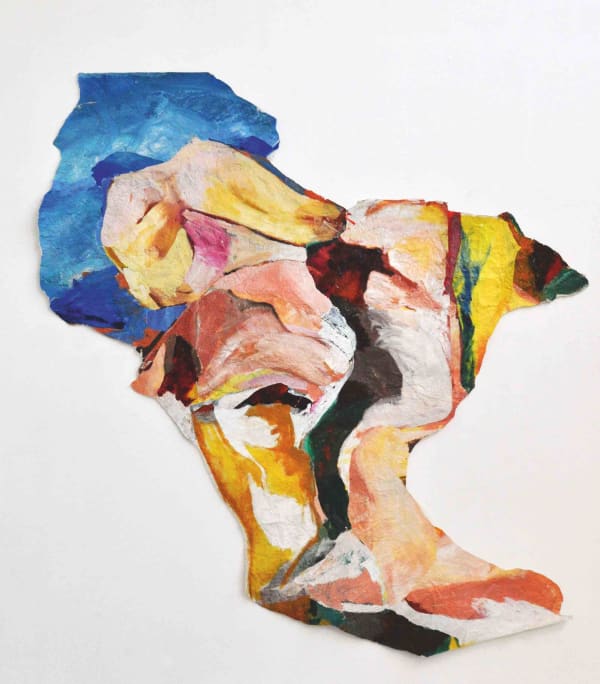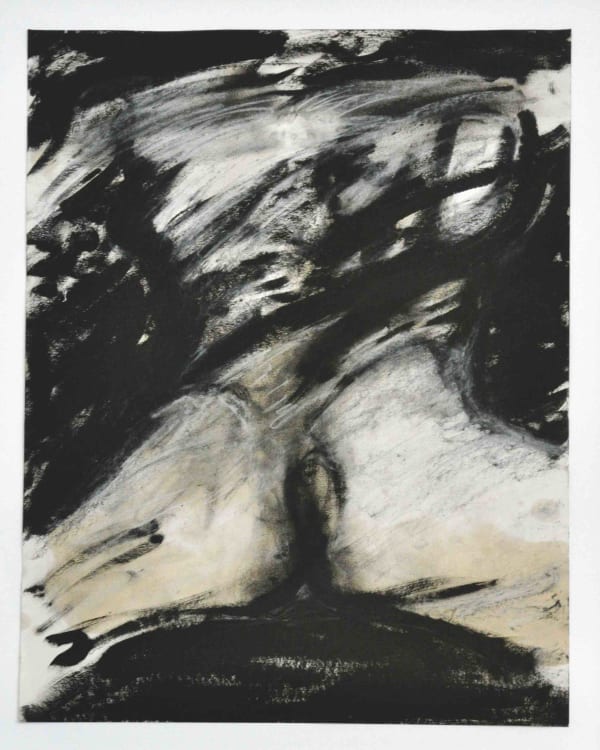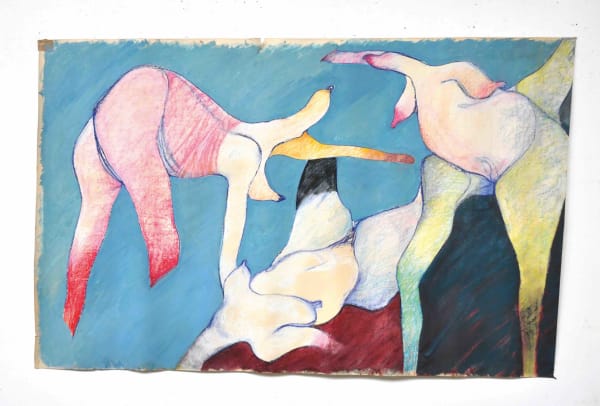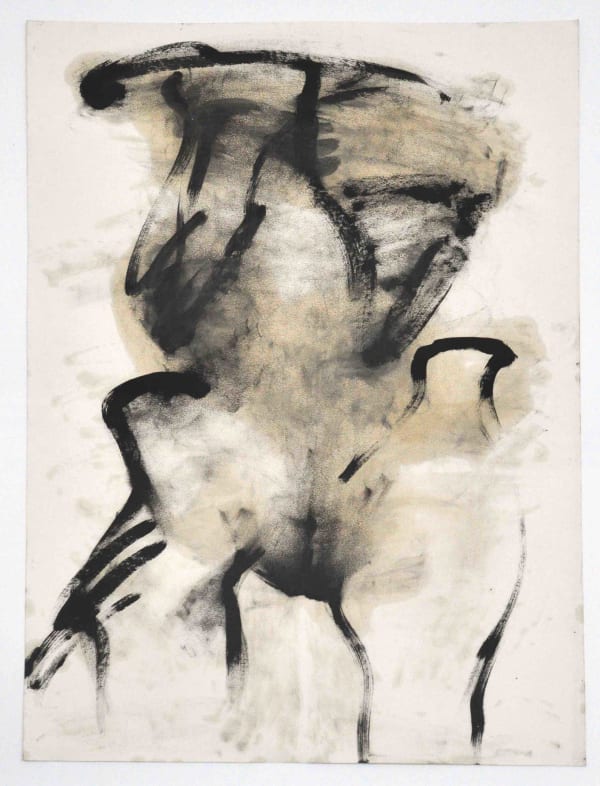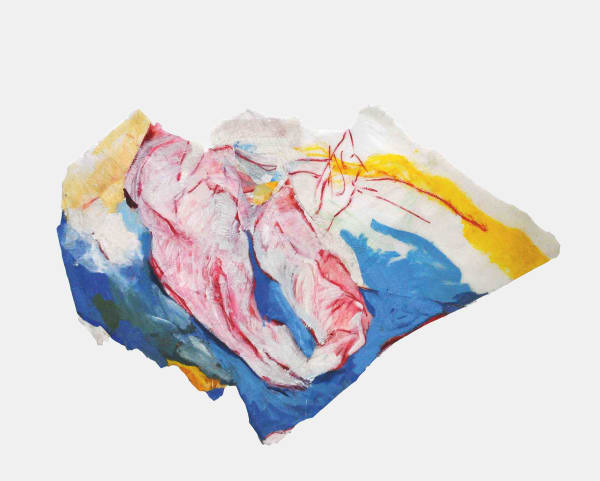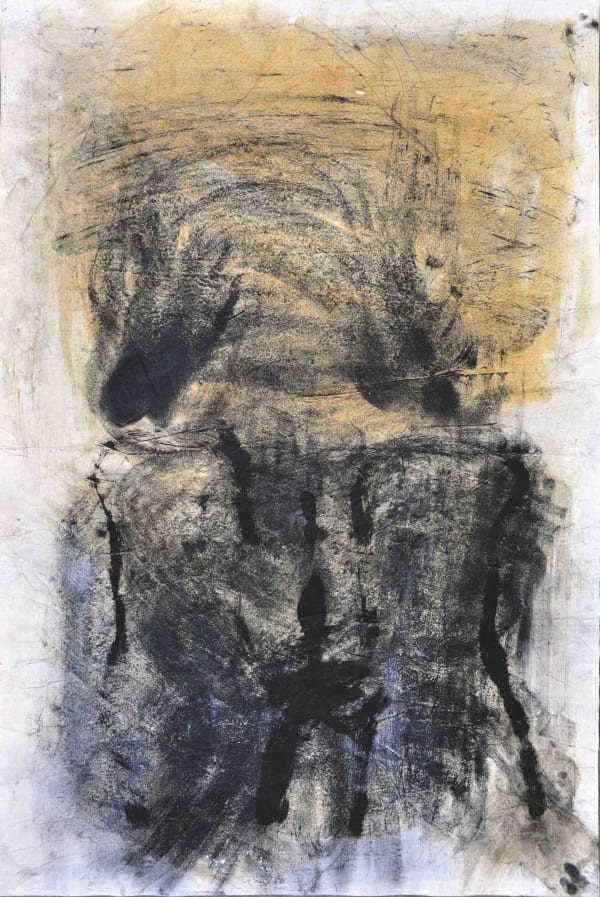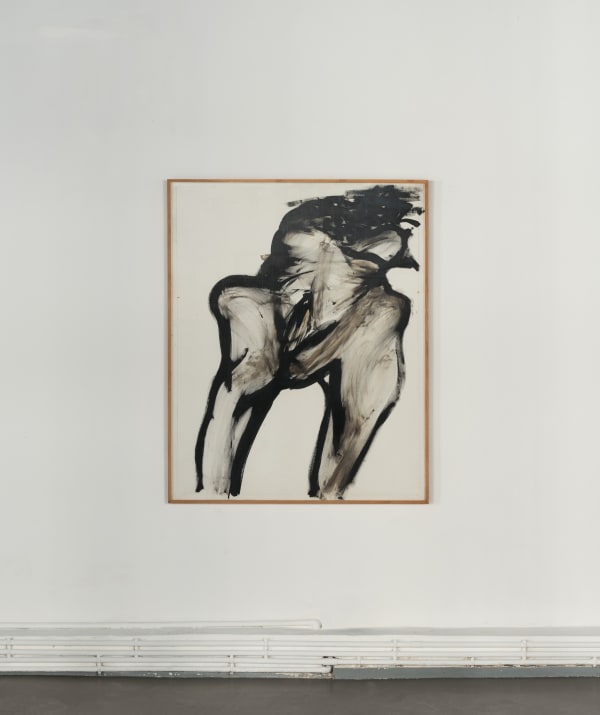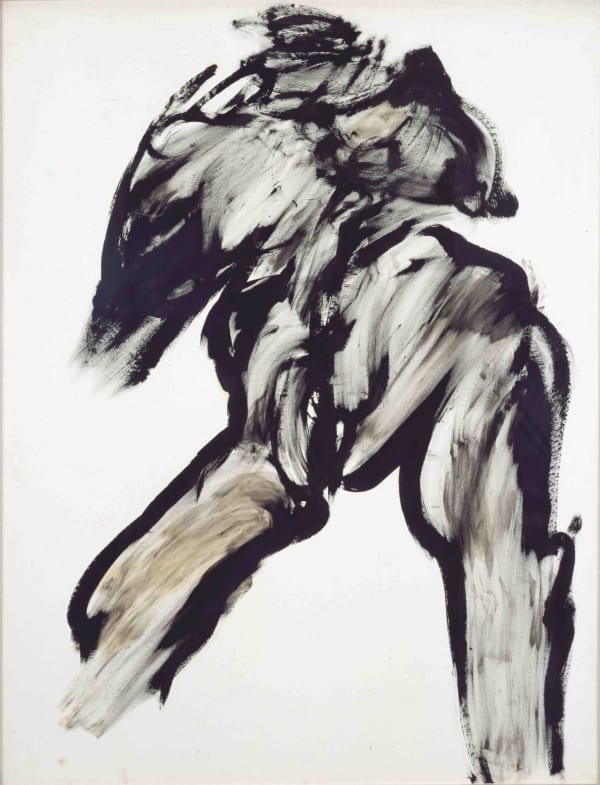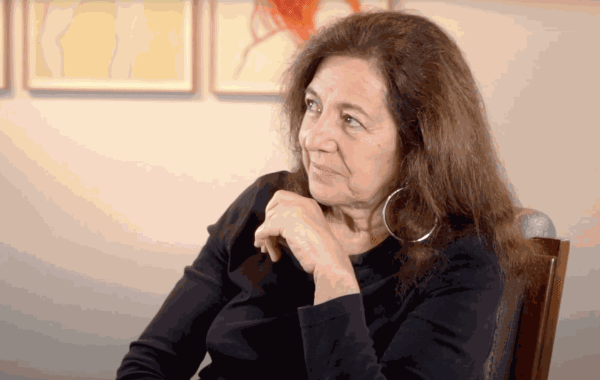MONIQUE FRYDMAN : My Perfect Body
Galerie Dutko is pleased to present ’My Perfect Body, 1976–1983’, an exhibition of works on paper by Monique Frydman from September 22 to October 30, 2021. This body of work, very different from her abstract work usually presented in museums and galleries and which made her famous, will be shown for the first time to the public. This is Monique Frydman’s third exhibition at the Dutko Gallery.
Far from the female nudes idealized by the male gaze, far from the erotic representation of the female body painted by men, far from the splintering of the female image at the beginning of abstraction, this series constitutes a radical break. Here, the female body asserts itself for what it is, a self-affirmation, a liberation, without fear of the gaze of others. Years after their creation, these works surprise by their contemporaneity and by the topicality of the questions they raise.
Monique Frydman began her artistic career in the mid-1960s. Her political and feminist commitments led her to put her work on hold to devote herself fully to activism until the mid-1970s. From 1975 onwards, the artist resumed her work in the privacy of her studio, with drawings of sexed and eroticized bodies, often deformed, combining powerful strokes and vivid colours.
It is then a long and difficult work of return to oneself that begins.
At that time the art scene in France was male-based, and while there were many female artists, they had very little visibility: “Many female painters sacrificed their identity as women to join the community of painters, which is a community of men, and escape, in part, society’s rejection. Me, I did everything I could to resist this pressure” (interview with Catherine Francblin, quoted by Diane Quinby in “3 Création au féminin”).
Monique Frydman was then supported by her feminist entourage and the thoughts of Jacques Lacan, whose seminars she attended. “They helped me to reclaim myself and to get rid of the ambient ideology and its injunctions. Woman, mother, artist, painter, Monique Frydman reappropriates her identity as a painter with these transgressive drawings of bodies. ‘Through what is most personal, I find the need to be a painter and especially to allow myself to be one.’
In 1978, the Femmes/Art collective organized several exhibitions in women artists’ studios. On this occasion Monique Frydman unveiled in her new studio on rue du Faubourg St Antoine the series ‘Torses’, eight works on paper of considerable strength. The reopening of this place in May 1978 also gave rise to a weekend of conferences in partnership with the collective and supported by Philippe Sollers. The title » es femmes ont-elles accès au symbolique ? » (Do women have access to the symbolic?) is evocative of the complexity of being a woman and an artist at that time. Moreover, it should be noted that in the same context, the poster produced by Monique Frydman for Histoire d’A – representing a pregnant woman’s body – was banned and censored for “bad taste, exhibitionism of maternity, aggressive breasts”.
In the following years, the figurative body fades away, sliding towards abstraction where the artist’s moving body takes on its full force. But there again “what I track through all these experiences of painter is the subject-painter, it is myself, in what escapes myself”.
“It was with the impressive series of black torsos that Monique Frydman launched herself onto the Parisian art scene. During a weekend in May 1978, as part of an event organized by the Femmes/art collective, the artist also organized, in collaboration with Françoise Eliet, a debate on women and creation: Les femmes ont elles accès au symbolique ? (Do women have access to the symbolic)”


